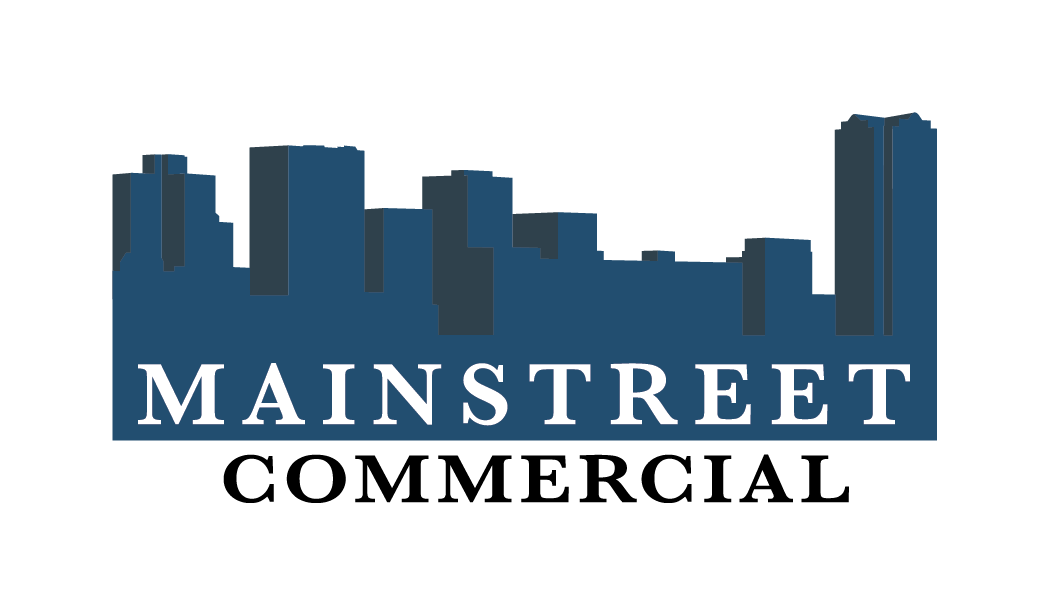Click HERE to view a list of our current business listings!
What better way to maximize the likelihood of success than to review actual operating results versus unreliable projections? If a business has been successfully owned and operated by the same owner for a number of years, and if that business has been the sole source of income for their family, you can reasonably conclude that the business will be viable long-term under another equally competent and qualified owner.
Contact MainStreet Commercial today for a free consultation!
(757) 349-MAIN (6246)
Advantages of buying an existing business:
- Immediate Cash Flow. The cash register starts ringing the first day you take over, just like it did the day before for the seller of the business.
- Trained Employees. When you take over a pre-existing operation, you will typically have the option to retain the team of trained employees who previously ran the business.
- Established Suppliers & Credit. For the most part, existing suppliers will continue to do business with you without missing a beat. They depend on your success and for you to continue to purchase goods and services from them!
- Established Customer Base. Your customer base is already in place and accustomed to doing business with your company. Assuming you continue to deliver the same (or improved) levels of service.
- Existing Licenses & Permits. In many cases, all you have to do is transfer the licenses and permits to your name. In those cases where you have to re-apply for a license or permit, you have the comfort of knowing that the business, in its current location, was approved for the license or permit (for example, a liquor license for a restaurant). Also, you can take comfort that one of MainStreet’s experienced broker’s will help devise the best transition structure to maximize your investment potential.
- Training by the Seller. In addition to the trained employees, you will receive training from the seller on how to operate the intricacies of the business. You will be introduced to customers and suppliers and be able to tap into the seller’s extensive wealth of experience in running the business. In other words, you will not have to make the same mistakes the Seller made!
- The Availability of Owner Financing. Over 90% of the businesses sold by MainStreet Commercial have a portion financed by the Seller of the business.
Choosing a business that fits your interests, background and experience is of maximum importance
Despite the many advantages that purchasing an existing business offer, a strong financial and operational track record alone is no guarantee that you will experience similar success. Also, you may not want to purchase a hospitality business if you have no experience in dealing with the public, or an engineering business if you are a pastry chef. Below are some suggestions to help you successfully select a business that suits your background, skills and desires.
- Choose a business where you have an advantage by way of qualifications or experience. Business is highly competitive, and you need to be at least as good as your competitors.
- Choose an occupation that you enjoy. Small business ownership often involves long hours, and requires great enthusiasm to motivate staff, and deal successfully with clients. This can become tedious if you are not happy.
- Check the Seller’s reason for selling. There are many legitimate reasons for selling a perfectly good business, such as retirement, marriage or partnership difficulties, health issues, other business interests, or even just simple “burn-out”. But sometimes, there may be other reasons, such as impending problems with a lease, technology changes, new competition, demographic or infrastructure changes, obsolescence, impending major capital outlays, etc.
- Understand clearly the nature of the business and how much capital is required to run it. In addition to acquisition funds, you need to have sufficient working capital to finance inventory, accounts receivable and overhead costs. Working capital requirements differ substantially between retail, wholesale & manufacturing companies.
- Understand the cash flow characteristics and any seasonality. A year-end profit does not necessarily mean that there will be cash available at critical times to meet necessary costs, such as interest, taxes, and living expenses.
- Ensure that you have the means to purchase, operate the business, and fund any planned growth or development.
- Try to get to know the Seller, to gauge whether you can successfully “fit into their shoes” and run the business at least as well as she or he did.
- Try to meet the key employees to make sure they intend to stay, and that there will be no major personality clashes. In many cases, Sellers will not want you to talk to the staff until negotiations are at a fairly advanced stage. If this is the case, you may wish to include appropriate provisions in the purchase agreement.
- Avoid major changes to the business during the transition period, unless you are very sure of what you are doing. A smooth changeover with minimum customer impact is the usual road to success.
